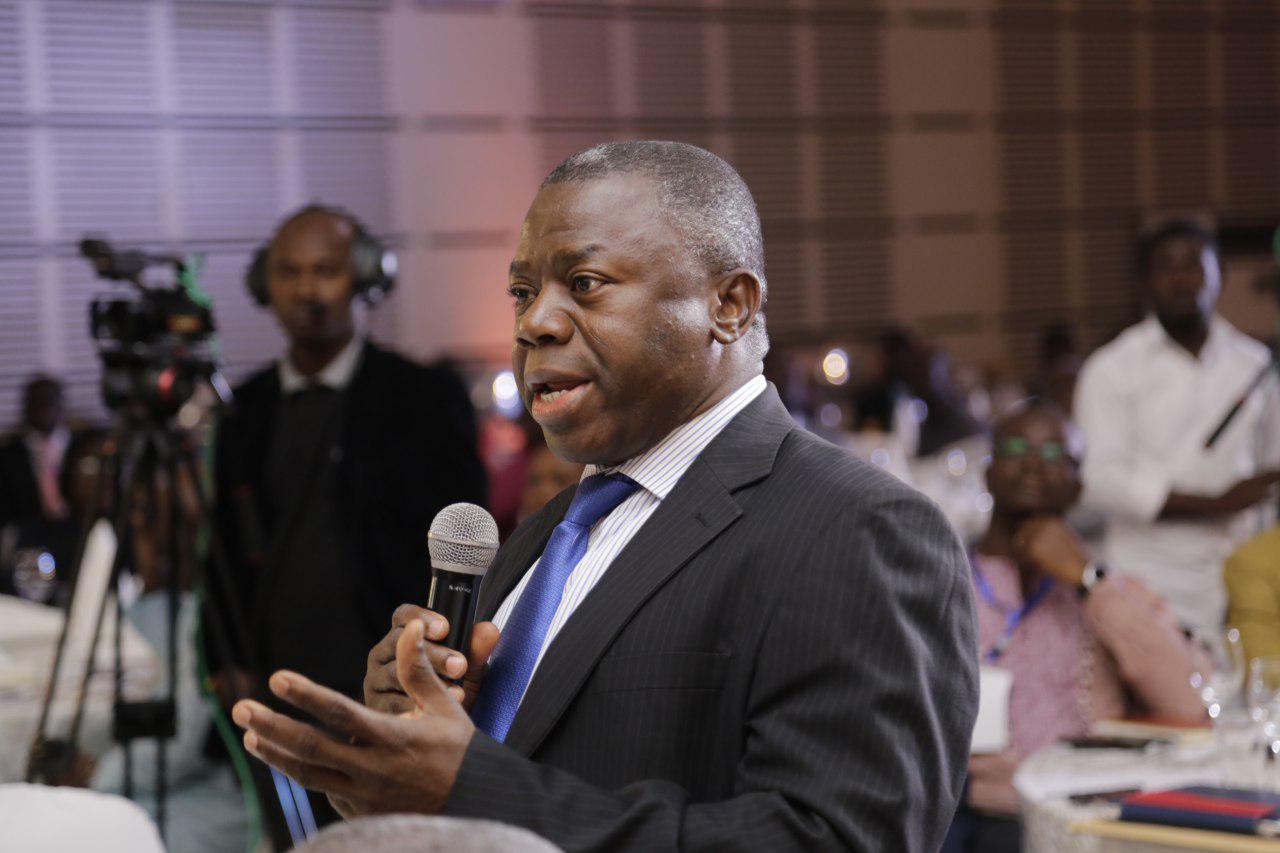
Cost of borrowing drops; Stanbic Base Rate down from 24 to 16%
Financial institutions in the country have positioned themselves to help businesses in the manufacturing sector to overcome their challenges, return to profit ways and expand to create more job opportunities.
The Head of Client Coverage at Stanbic Bank Ghana, Ms Sylvia Inkoom, announced this at the Graphic Business/Stanbic Bank Breakfast Forum in Accra Tuesday.
The breakfast meeting, which was on the theme: “Unlocking economic growth through manufacturing — Cost, quality and competitiveness”, was organised by the Graphic Business, in partnership with the Stanbic Bank.
“At our bank, for instance, we have dropped our base rate from about 26 per cent in the last few months to about 16 per cent and we are seeing other universal banks do same,” Ms Inkoom said.
Citing examples from neighbouring countries and what pertained globally, she said the cost of funds was much lower there and said for players in Ghana to position themselves to compete globally, the rate must be reviewed further down.
“In our neighbouring countries and globally, there are rates lower than 16 per cent and if we want to compete and be able to be global players, there is the need to work around ensuring that the cost of funds comes down further,” she said.
Advisory services
The Stanbic Bank Ghana, a member of the Standard Bank Group, Ms Inkoom said, was well positioned to provide expert advisory services for players in the manufacturing sector to enable them to create strategic partnerships to aid their growth.
She said there was a move to compete with manufacturers globally and, therefore, local players could not afford to be comfortable in their zone or risk being pushed out of business.
“While you are urged to work and operate locally, we are encouraged to think globally because we cannot just exist in our small corner any more. In that regard, the financial services sector also has to step up support in the changing environment.
“The Standard Bank Group is present in over 20 African countries and present on most of the international markets. What we bring to the discussion is the diversity, thought leadership and experiences across the world. We will urge you to use us and bounce off your ideas with us,” she added.
The Stanbic Bank, she said, had an in-house team trained to advise on mergers, acquisitions and other forms of advisory services that could help players in the sector hold strategic conversations with partners.
“We encourage that you start thinking strategically and talking to partners. You cannot just be in your corner. We urge you to use us and other financial institutions in the market that have the skills and training, but we will urge you to use us,” she stressed.
Ms Inkoom bemoaned the practice of businesses wanting to have total ownership of their businesses and refusing to open up for other equity investors.
She said there were partners who were seeking to invest in businesses over either a long or short term and it behoved the owners to determine how long to allow others to establish partnerships with them.
“Equity, we always say, is one of the cheapest sources of funding if we need to open up. We always encourage that it is better to own 10 per cent of something big than to own 100 per cent of something that does not value much,” she said.
The financial services sector, she explained, was equipped with many people who could help businesses decide on the type of balance sheet structure to have and urged businesses to patronise their services.
Fix ailing manufacturing
Growth in the manufacturing sector has been on a downward trajectory in the last six years, recording negative and, sometimes, marginal positive growth.
Industry players have attributed the declining fortunes to the high cost of funds, rising levels of cheaper imports, poor infrastructure, unstable power supply, among others.
Ms Inkoom, therefore, called on the government to prioritise the sector and fix the challenges to drive economic growth.
“If this sector is as important as it is, then we have to find a way to fix the problems that bedevil it. The financial services sector continues to play a role, but it is important for stakeholders to have a plan on how to fix the issues,” she said.
On how to address the challenges in the power sector, she said it was important for the government to provide incentives for those who would decide to explore other forms of power generation.
“These are things happening around us and we can do same in Ghana. This sector is very relevant to the financial services sector and the nation as a whole,” she added.